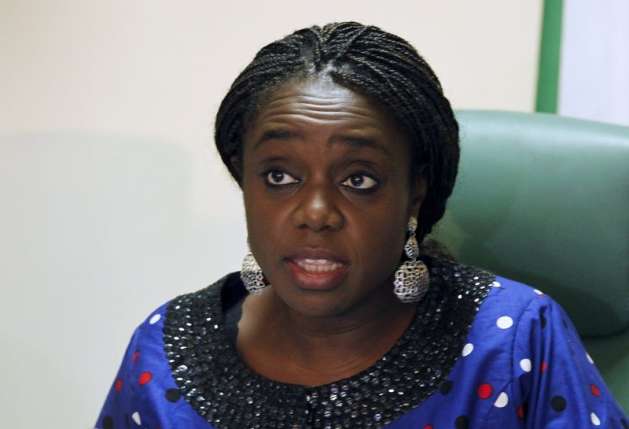- FG Probes Alleged Contract Inflation, Asset Diversion in 28 MDAs
The Federal Government is currently investigating 28 of its Ministries, Departments and Agencies over allegations of contract inflation and conversion of government assets to personal use.
The probe is currently being done by the investigative section of the whistle-blower unit.
The Director, Special Projects, Ministry of Finance, Mohammed Dikwa, confirmed these in a presentation at an evaluation workshop on the whistle-blower policy and asset tracing team organised by the Presidential Advisory Committee Against Corruption.
The purpose of the workshop was to initiate a discussion on how to improve the implementation of the policy in accordance with global best practices.
In the presentation, a copy of which was made available to our correspondent on Monday, Dikwa said that 791 investigations were being carried out by the whistle-blower unit.
Giving an analysis of the 791 cases, he said the unit was investigating the payment of unapproved funds in 27 MDAs, while allegation of diversion of excess crude oil funds was being investigated in five MDAs.
He stated that one agency of government was under investigation for improper reduction of financial penalties.
Other investigations being conducted are non-remittance of pension and National Housing Fund deductions (102 cases completed, 35 ongoing); failure to implement projects for which funds had been provided; and embezzlement of funds meant for payment of personnel emoluments (113 cases completed, 35 ongoing).
Dikwa also said the unit was investigating 137 cases of non-procurement of equipment required for aviation safety.
Out of these, he noted that 102 had been completed, while the remaining 35 cases were still being probed.
In the same vein, 87 cases of financial misappropriation are being probed, out of which 76 have been completed, while 11 cases are pending.
He added that concealment of bailout funds was also being investigated in four states, while the probe of 33 cases of illegal recruitments had been concluded.
The director noted that violation of the Procurement Act was another issue being investigated in government agencies, adding that 32 of such cases had been concluded, while four were still ongoing.
Dikwa, who is also the Secretary, Presidential Initiative on Continuous Audit, stated, “The objectives of the whistle-blower policy is to increase exposure of financial or related crimes, support the fight against financial crimes and corruption.
“From inception to date, the whistle-blower policy has received several communications, both classified and unclassified tips. Classified tips are those involving politically-exposed persons and require immediate action. These are promptly forwarded to the relevant agencies for necessary action.
“Unclassified tips are information regarding non-compliance or violation of extant rules and regulations. These are investigated by the investigative section of the whistle-blower unit.”
He identified lack of framework, inadequate arrangement for the protection of whistle-blowers and lack of adequate source of funding whistle-blowers activities as some of the challenges facing the effective implementation of the policy.
Others are inadequate training; bottlenecks in investigation due to inter-agency bureaucracies; and lack of adequate awareness by the general public about the policy.

 Forex3 weeks ago
Forex3 weeks ago
 Naira3 weeks ago
Naira3 weeks ago
 Billionaire Watch3 weeks ago
Billionaire Watch3 weeks ago



 Naira3 weeks ago
Naira3 weeks ago






 Naira3 weeks ago
Naira3 weeks ago




 Naira2 weeks ago
Naira2 weeks ago






 Naira2 weeks ago
Naira2 weeks ago




 Naira4 weeks ago
Naira4 weeks ago
























